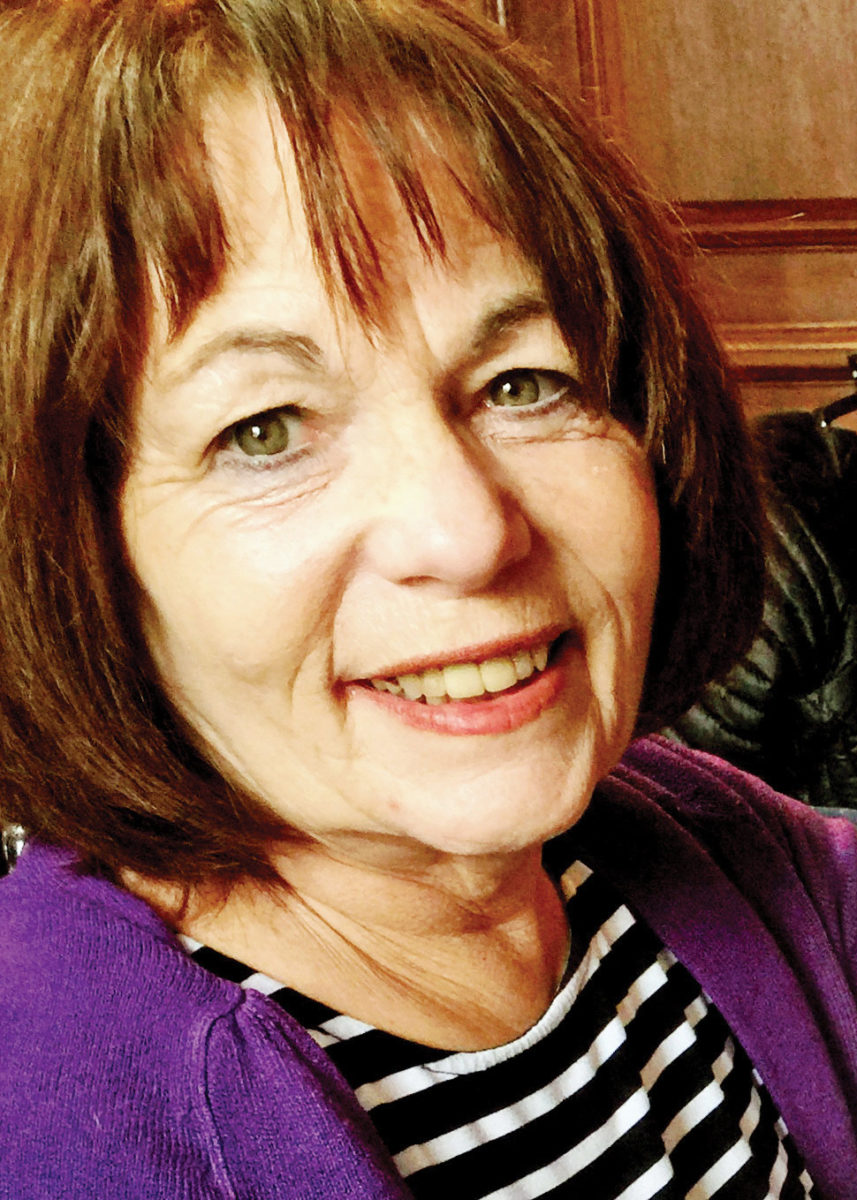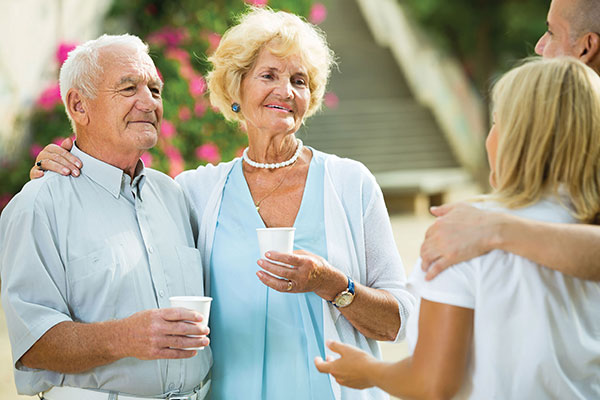For Cancer Survivors: Three Keys to Becoming Resilient
by Judith T. Krauthamer
The day I became a person with cancer, my life shifted. I found myself embodied anew in a world of uncertainty and unknowing. All of us survivors go through a kind of rebalancing, of moving from what was to what is. Reconnecting to our inner selves and finding the internal resources to persevere is a remarkable human drive. The thing that allows us to live with cancer, to endure our suffering and find greater strength – during any stage – is resilience.
Resilience is a dynamic process of adapting within adversity, which is any event that threatens system function, viability, or development. We typically think of it as an inherent character trait, like the ability to bounce back or to be optimistic. However, resilience as it relates to cancer has its own unique processes. Instead of “bouncing back,” we find strength in “being with.” Instead of holding the Pollyannaish belief that the very best outcome will happen, we grow strong by accepting that any outcome is manageable.
Resilience can be developed – whether we are stage I or stage IV – because it is a collective of beliefs that become realized through practice. The time to start building resilience is right now. There are three key ways in which we can do this.
1. We build resilience by sharing our humanity.
Many of us tend to withdraw when we are physically ill or in psychological pain. In our retreat, we hold on to an unquestioned belief – a myth – that if we don’t talk about or acknowledge our pain or fears then they will diminish or go away on their own. This belief only serves to build even greater walls around us, isolating us in our pain and fear.
Reaching out to other people forms the connective tissue to emotional well-being. All of us have a deep desire to be part of a tribe, a family, a community. A connection as basic as talking to a caregiver, a stranger, or a neighbor is enough to stimulate a sense of safety and engender a feeling of belonging. The simple act of smiling at someone changes the biochemistry of our brains. These brief moments of sharing activate a burst of dopamine, a hormone that regulates our brain’s pleasure center. The process of staying connected to others diminishes the exclusiveness of our cancer and provides the brain with a greater sense of well-being and safety.
2. We build resilience by letting go of the belief that there is (was) a reason for cancer.
Most of us subscribe to the unquestioned myth that if we can point to what caused a problem, we can fix the problem. In this way, we are able to assign meaning and logic to the question, “Why me?” However, while the brain tries to employ blame as a means of control, it really only serves to create shame (“I caused this”) and inconsolable suffering (“I couldn’t prevent this”). We must not blame ourselves for having a disease, because it keeps us fixated on the “before” rather than allowing us to live in the here and now.
When we remove blame from ourselves and others, we can find the space for compassion. This is important, because increases in self-compassion correlate with increases in overall psychological well-being and decreases in psychiatric symptoms like depression. When we give ourselves compassion, we are more likely to be comfortable asking for and receiving help, do better at managing pain, and have reduced levels of cortisol, which is a stress hormone.
3. We build resilience by accepting that things are constantly shifting and changing.
When we shift from wanting a desired outcome to accepting that there are many possibilities, we are better equipped and able to abide whatever path our journey takes. Holding firm to the belief in possibility is the definition of hope. Hope acknowledges that things can get worse and they can get better. Having this kind of hope reduces both disappointment and resistance.
Openness to possibility gives us the freedom to navigate more fully whatever outcome we receive. We can seek comfort without having to define any given outcome as a final destination.
It takes bravery to live well with cancer. Shifting our beliefs and opening our hearts to possibility is the recipe for resiliency and courage.

Judith Krauthamer, a lung cancer survivor, is the author of Sound-Rage and a contributing writer to The Mighty and The Cure. She is also a certified life and career coach (Sound-Rage.com).
This article was published in Coping® with Cancer magazine, May/June 2018.
Everyone has a unique story to share. Do you want to share your survivor story? We consider a cancer survivor to be anyone living with a history of cancer – from diagnosis through the remainder of life. Here are our submission guidelines.


